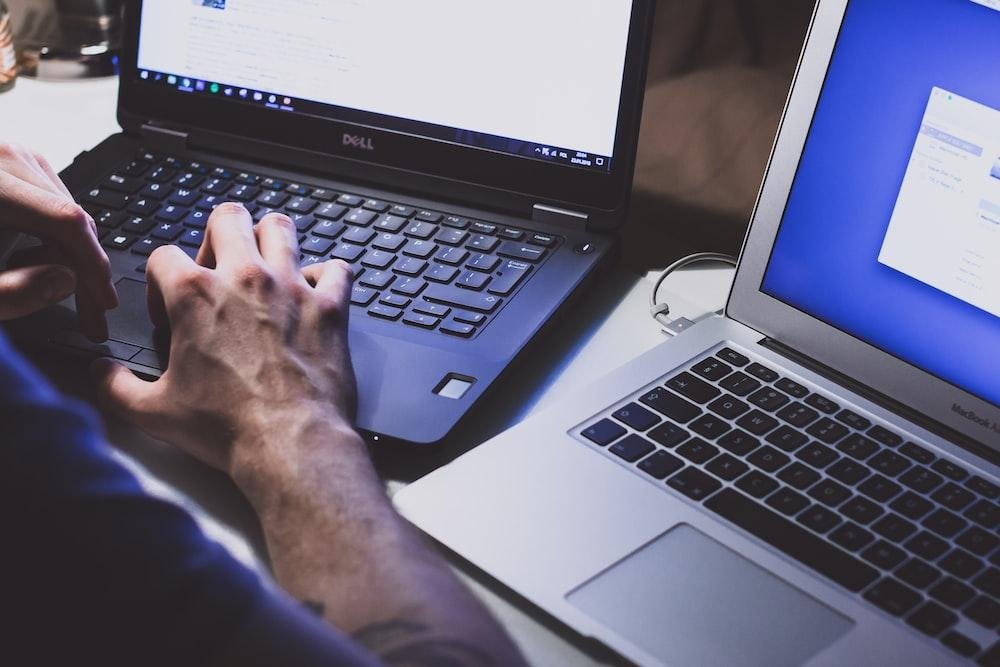Keeping your digital identity safe and secure is becoming more challenging. With so many tech innovations taking place, the reliance on digital tools for work and personal use is only increasing. In order to adapt to these changes safely, secure safety measures must be put in place to protect personal information online. Read on for tips and tools to increase your online safety.
Table of Contents
Cloud Security Solutions
Keep your information secure by using cloud security solutions. With your connection through the internet, your files are stored in one secured location. For teams and individuals working remotely, the use of project management software is one cloud security approach that not only keeps information safe but improves work productivity. You can even store files and documents within these secured systems without significant concerns of data breaches.
Don’t Post Personal Info
As social media continues to influence online interactions and behaviors, it is vital that you remain from posting personal details. Hackers may use this information to guess your passwords and access your information. Treat your social media accounts cautiously, as if you would a credit monitoring service, and do not list personal data, even for fleeting content such as live videos.
Get A VPN
Get a VPN (virtual private network) to support the security of your Wi-Fi. Your VPN essentially connects to your server to prevent your data from being monitored or accessed through your internet connection.
With A VPN, you have a way to ensure that your Wi-Fi connection remains secure whether you’re at home or using Wi-Fi in a public place. Your VPN may cause your internet connection to lag, but this is only due to the fact that it routes your information onto a separate server to increase the security of your data.
Purchase Antimalware Software
Getting antivirus software will ensure the safety of your personal information online. Keep your software up to date to provide the best security. It is possible to find budget-friendly options for antivirus or antimalware software, and there are even free options to make things as easy as possible.

Complete Regular Data Backups
Every now and then, you want to back up your data. In doing so, you can prevent computer viruses and keep your computer in top shape to avoid viruses moving forward.
You can look online to find guides for the process of data backup depending on the specific computer you own. The directions are step-by-step and easy to follow, so you can get things secured in no time.
Watch Out For Scams
Spam emails are becoming more convincing. Keep a close watch on spelling errors and email addresses you don’t recognize. If you see these warning signs, you’re dealing with a phishing scam. Never provide your personal information to any fake emails and notifications; you may lose control of your personal information.
Only Use Strong Passwords
Keep your passwords as strong as possible to avoid getting hacked. A combination of different styles of lettering and a few numbers can set your password up for success. Think of unique passwords, and make sure to update them regularly. Changing your passwords every so often can avoid data breaches and keep your information more secure.
Consistently Monitor Your Digital Information To Keep It Safe
Keep your online information secure by following the recommendations above. By putting in consistent effort to monitor your information and take the actions that keep your info safe, you can avoid an increased risk of threats and cybersecurity data breaches. Never use the same log-in more than once; comply with data backup notifications as needed.










